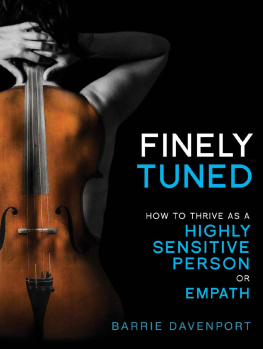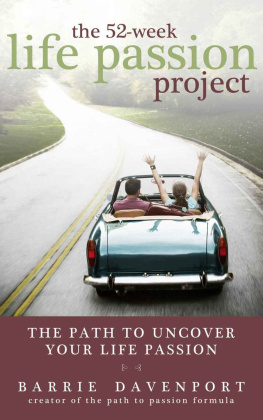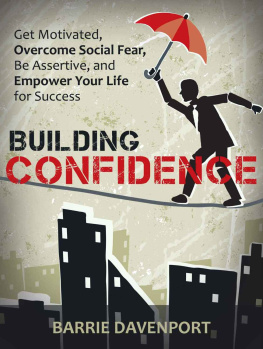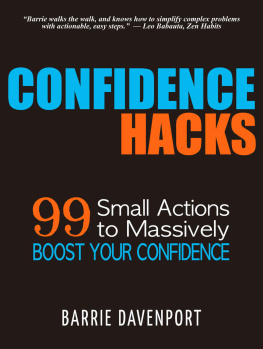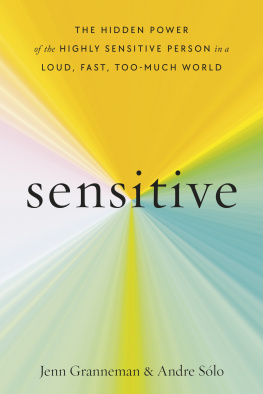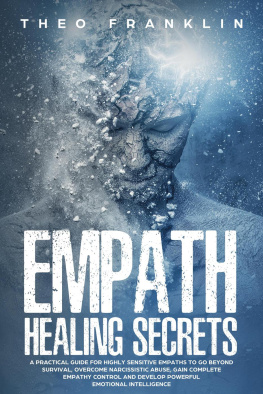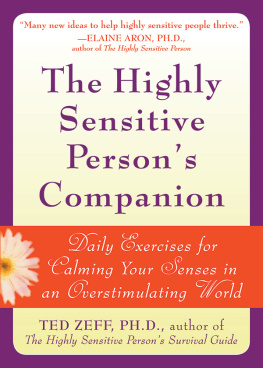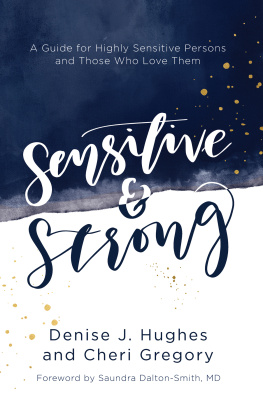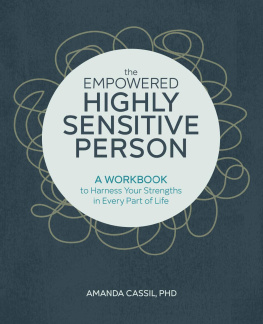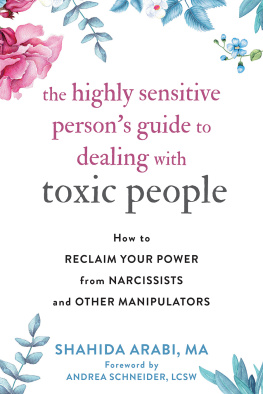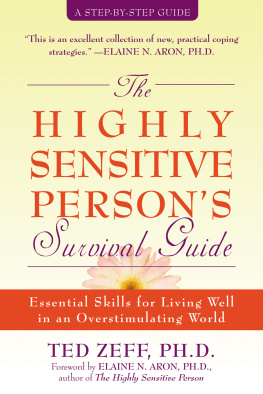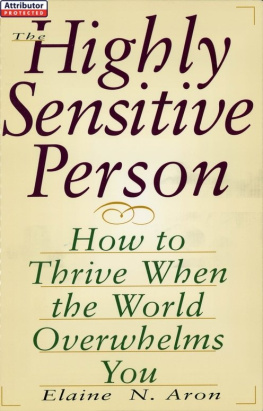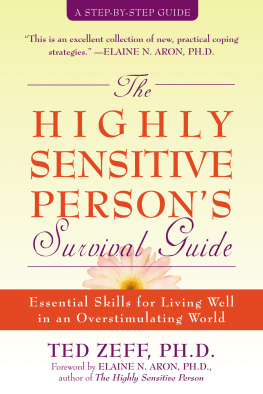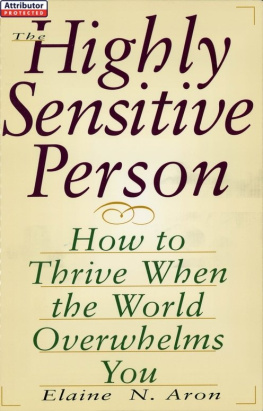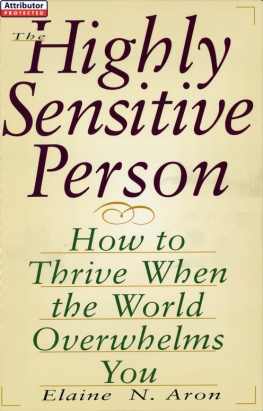Barrie Davenport is a certified personal coach, thought leader, author, and creator of several online courses on self-confidence, life passion, and habit creation. She is the founder of two top-ranked personal development sites, Live Bold and Bloom.com and BarrieDavenport.com. Her work as a coach, blogger, and author is focused on offering people practical strategies for living happier, more successful, and more mindful lives. She utilizes time-tested, evidence based, action-oriented principles and methods to create real and measurable results for self-improvement.
You can learn more about Barrie on her Amazon author page at barriedavenport.com/author .
Introduction
The finest qualities of our nature, like the bloom on fruits, can be preserved only by the most delicate handling. Yet we do not treat ourselves nor one another thus tenderly.
~ Henry David Thoreau
Upheaval and discord were frequent visitors in my house while I was growing up. My parents, who were a mismatch from the start, had frequent and loud arguments fueled by too much alcohol. When they werent arguing, there was a simmering tension and unhappiness that settled between them.
My older half-siblings were teenagers when I was young, and their teenage angst and drama was exacerbated by our parents discord, in addition to having two new sisters (my older sister and me) who now required my parents time and attention. Having lost their biological mother to cancer when they were small, my older half-siblings expressed their pain and confusion dramatically in their teen years with door slamming, yelling, and disobedience.
As a small and silent witness to this chaos, I learned quickly to remain quiet, compliant, and out of the way. I was exceedingly conscientious and tried hard to please so I wouldnt trigger any anger or drama. The less I added to the turmoil, the better it would be for everyoneespecially for me. Had I possessed a different personality, perhaps this strategy would have worked well. I could have kept quiet and out of the way, and walked away relatively unscathed. Or I could have joined in and allowed my fear and anger an outlet, rather than hiding and repressing my feelings.
Fortunately, it wasnt chaos all the time. There were periods of normalcy and calm, and despite the tension and eruptions, I knew my parents and siblings loved me. But even during these calm times, I remained alert and on edge, scanning the emotional landscape to sense any looming eruptions.
The problem for me was that I felt everything so keenly. I could easily read expressions, the nuances of a mood shift, and the energy in the room. I absorbed tension like an emotional sponge, which made me suffer terribly. Recognizing my mothers deep sadness, even when she appeared happy, I felt responsible for her well-being and wanted to protect her. I instinctively knew when bad things were going to happen, and I was constantly hypervigilant, always waiting for the next shoe to drop.
In addition to reacting to subtle energies, I was more sensitive and reactive to loud noise and overstimulation or excitement. Witnessing or hearing arguments and anger was painful and disturbing. If any tension or anger were specifically directed at me, I was quick to change my behavior or apologize in order to regain emotional equilibrium. I got my feelings hurt easily and was thrown off-balance when someone would say something critical or unkind.
I did everything in my youthful power to prevent arguments within my family before they erupted or to cut them off when I saw them brewing. Of course this was beyond my capacity, but it didnt go unnoticed by my family who referred to me as the little peacemaker. In fact, I craved peace and a loving, calm environment where everyone just got alongor at least could work out their differences in a less dramatic fashion.
Fortunately, I also felt positive emotions quite deeply. I felt intense love for my parents, became strongly attached to my friends, enjoyed hugs and physical affection, and was deeply moved by touching stories, art, or music. Since I responded to the moods and needs of others, I was able to solidify strong friendships, and I instinctively knew how to pull the right groups of people together.
Even though I cherished my friendships, I was always the girl at sleepovers to go to bed early and find a quiet place to pull my sleeping bag away from the late-night chatter of my friends. I was the teenager leaving the party well before midnight or pulling away from the crowd to have a quiet conversation with someone. I was the conscientious goody two shoes, reminding my friends that we might get in trouble if we played a prank or made a typically stupid teenage decision. I was also the person my friends gravitated toward when they needed advice or comfort.
As I grew older and lived on my own, I discovered other interesting sensitivities. When life got too intense, or if I was overstimulated, I needed to withdraw and spend time alone. I was more sensitive than most of my friends to medication, caffeine, crowded and noisy environments, and making major life changes. My intense feelings around conflict, arguing, and violence never abated.

